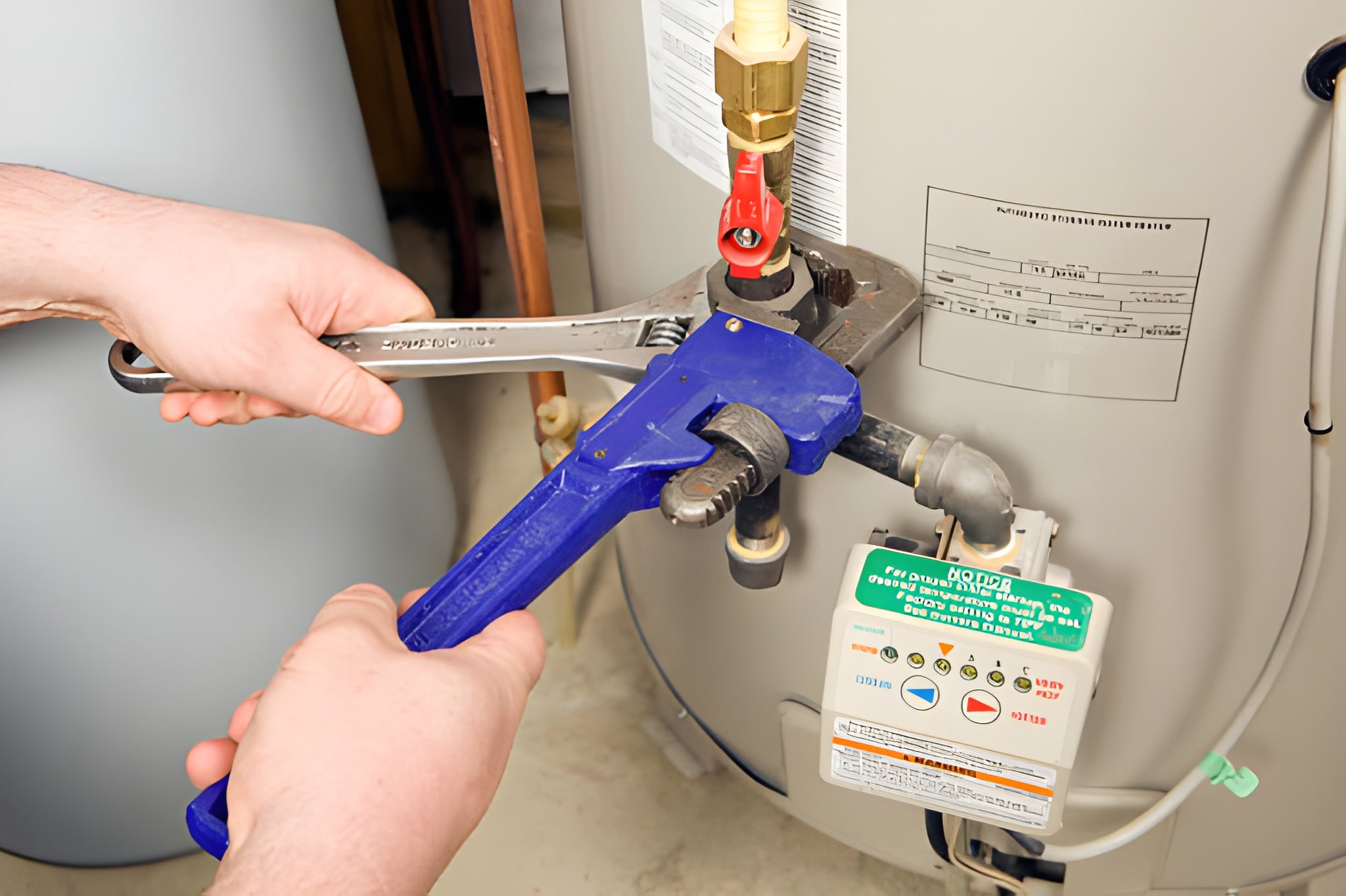Heating Tune-Up in Arlington, WA
Heating Tune-Up in Arlington, WA
Keeping your home warm, safe, and energy efficient during Arlington winters starts with a professional heating tune-up. A Heating Tune-Up in Arlington, WA is a detailed inspection and performance optimization of your furnace, heat pump, or air handler designed to catch small problems before they become no-heat emergencies, improve comfort, and lower energy use. In a wet, cool climate like Arlington where systems run often through long damp stretches and occasional cold snaps, regular tune-ups are one of the best ways to protect comfort and avoid costly breakdowns.
Common heating problems in Arlington homes
- Dirty or clogged filters that reduce airflow and force systems to work harder — especially after wildfire smoke seasons and summer pollen.
- Uneven heating and cold spots caused by restricted airflow, duct leaks, or imbalanced blower settings.
- Hard starts, intermittent ignition, or weak burners on older gas furnaces due to soot and component wear.
- Reduced efficiency and noisy operation on heat pumps that haven’t had outdoor coils or reversing valves checked.
- Safety risks such as cracked heat exchangers or venting problems that are more likely to develop if combustion systems go uninspected in wet climates.
- Thermostat drift or incorrect calibration leading to overshooting setpoints and higher bills.
What a professional Heating Tune-Up covers
A complete heating tune-up follows a systematic checklist to restore performance and identify issues before they cause failure. Typical service tasks include:
- Filter inspection and replacement: Verify filter type and MERV rating; replace or recommend proper filters to restore airflow and indoor air quality.
- Burners and combustion system cleaning (gas furnaces): Clean burners, inspect flame quality, and remove soot or debris that impair combustion.
- Controls, safety interlocks, and ignition checks: Test limit switches, safety sensors, pilot or electronic ignition, and all control sequences.
- Thermostat calibration and settings review: Verify thermostat accuracy, recalibrate if necessary, and confirm zoning or staging operates as intended.
- Airflow and blower assessment: Measure blower performance, check belt tension if applicable, inspect return and supply vents, and test static pressure for blocked ducts.
- Combustion and venting checks: Perform a combustion analysis when applicable, inspect flue and venting for blockages or corrosion, and measure carbon monoxide to confirm safe operation.
- Heat exchanger and coil inspection: Visual check for cracks, corrosion, and heat transfer issues; clean evaporator or condenser coils for heat pumps.
- Refrigerant and outdoor unit checks (heat pumps): Check refrigerant charge, inspect lines, verify defrost cycle and reversing valve operation.
- Electrical and connection tightening: Inspect wiring, tighten terminals, and measure voltage and amperage to motors and compressors.
- Operational performance test: Run the system through a warm-up cycle, measure temperature rise across the furnace or heat pump performance, and confirm quiet, stable operation.
- Service report and recommendations: Technician documents findings, notes any safety concerns, and lists recommended repairs or parts for future planning.
Expected improvements after a tune-up
A thorough tune-up delivers measurable comfort and reliability benefits for Arlington homeowners:
- More consistent indoor temperatures and fewer cold spots as airflow and controls are optimized.
- Improved efficiency — properly tuned systems often run 10 to 20 percent more efficiently, which can translate to lower heating bills.
- Quieter, smoother operation with fewer short-cycling events caused by clogged filters or improper controls.
- Longer equipment life because cleaned and adjusted components experience less stress and wear.
- Increased safety through combustion testing, CO checks, and vent inspections that reduce the risk of dangerous failures.
- Fewer emergency repairs by identifying worn parts like capacitors, belts, or sensors before they break.
How long a tune-up takes
- Standard gas furnace tune-up: 60 to 90 minutes for a complete inspection and cleaning on a single-family furnace, assuming no major repairs are required.
- Heat pump or split system service: 45 to 75 minutes for outdoor coil cleaning, refrigerant check, and operational testing.
- Multi-zone systems, older units, or units requiring parts replacement will take longer. Technicians will typically identify issues during the tune-up and provide an estimate if additional work is needed.
Recommended schedule for Arlington, WA
- Gas furnaces and air handlers: At a minimum, schedule a professional heating tune-up once per year in the fall before the heating season. For homes with older equipment, or properties with high usage, a bi-annual check (fall and mid-winter) provides extra protection.
- Heat pumps: Because heat pumps provide both heating and cooling and operate year-round in moderate PNW climates, a bi-annual tune-up (fall and spring) is recommended to service both heating and cooling functions.
- High-risk situations: Homes with combustion appliances, frequent heavy use, recent wildfire smoke exposure, pets, or occupants with respiratory sensitivities may benefit from more frequent filter changes and periodic inspections.
Simple homeowner maintenance that supports a great tune-up
- Replace disposable filters every 1 to 3 months depending on filter type, pets, and indoor air quality.
- Keep the area around indoor units and outdoor heat pump condensers clear of debris, leaves, and snow during winter.
- Check that supply and return vents are open and unobstructed; close off unused registers only if system design allows.
- Use programmable or smart thermostats properly to avoid short cycling; verify battery backup and firmware updates.
- Note odd noises, odors, or intermittent operation and log when they occur to help the technician diagnose issues efficiently.
Final notes on value and safety
A professional Heating Tune-Up in Arlington, WA is more than preventive maintenance — it is a safety and performance check tailored to local climate stresses. In a region where damp, cool weather keeps heating systems running frequently, timely tune-ups reduce risk, maintain consistent comfort, and protect equipment investment. A well-documented annual or bi-annual tune-up plan helps Arlington homeowners avoid emergency repairs, lower energy use, and keep homes warm and safe all season long.

Customer Testimonials
Service Areas



